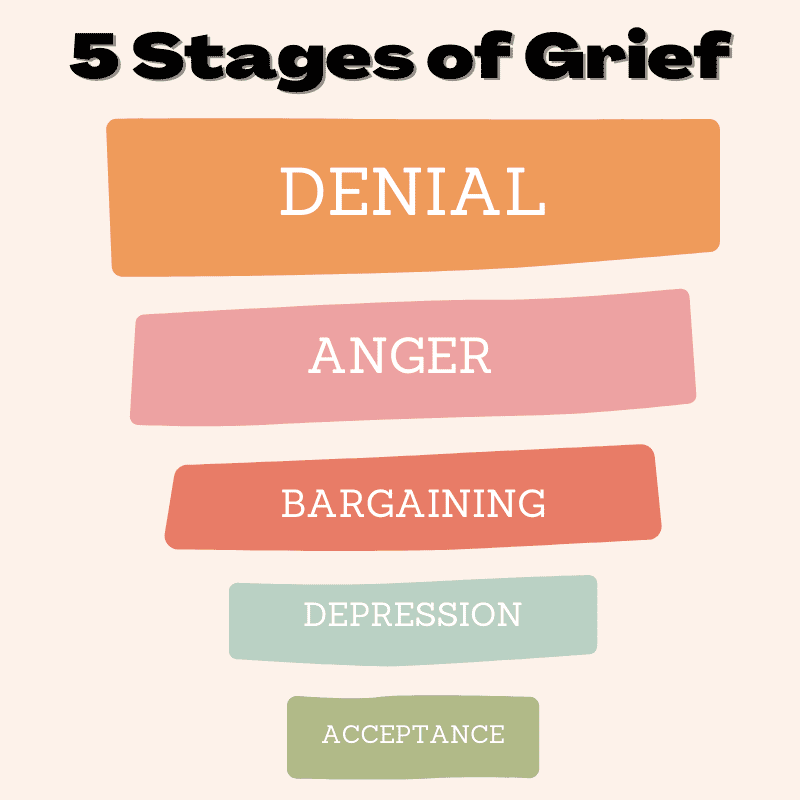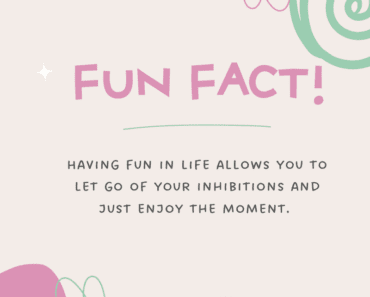It’s common to feel overwhelmed by grief. Grief is a natural response to loss; however, grief can also be a very powerful emotion that can lead to feeling stuck or frozen in place. One way to help move through the grief process is to use affirmations.
Affirmations are positive statements that can help to reframe the way you think about your loss.
For example, rather than focusing on the thought “, I can’t believe she’s gone,” you might say to yourself “I am surrounded by love and support.”
By using affirmations, you can do helpful things for yourself while feeling grief, especially when grief is the worst, and begin to shift your focus from the pain of your loss to the hope and possibility of healing.
1. I Surround Myself With Good People
It can be tempting to retreat and isolate when feeling grief, but that’s not a good idea. It’s better to surround yourself with people. But not just any people. You need to surround yourself with good people who are there to listen and support you.
Surrounding ourselves with good people – whether they are friends, family, or a support group – can help us to feel less alone and can provide an essential source of support during a difficult time.
In addition, talking about our feelings and experiences to people who care can be an important part of the healing process. By sharing our stories and connecting with others, we can start to work through our grief and begin to heal our broken hearts.
2. I Give Myself The Time I Need To Grieve
The question, “How long does grief last?” can’t be answered by anyone. There is no timeline for grief, so don’t put pressure on yourself to “get over it” quickly. Allow yourself the time you need to mourn.
Trying to bottle up your grief or suppress your emotions can lead to long-term mental health problems.
People who suppress their emotions are more likely to experience anxiety, depression, and even post-traumatic stress disorder.
In addition, repression can prevent us from working through grief. When we bottle up our sadness, it can become overwhelming and too much to deal with.
This is why it is important to find healthy ways to deal with difficult emotions. Talking to a friend, journaling, or participating in therapy can all help us to process our feelings in a healthy way.
Giving yourself time to grieve can help you to move on and rebuild your life.
3. I Make Sleep A Priority When I’m Dealing With Grief
You may have a hard time sleeping while dealing with grief. It can be exhausting, both mentally and physically, and, at the same time, keep you awake. But it’s important to make sleep a priority during this time.
Try to get at least seven to eight hours of sleep each night. If you have trouble sleeping, there are many natural remedies that can help, such as chamomile tea or lavender oil.
Making sleep a priority will help to improve your mood, increase your energy levels, and boost your immune system. It will help you work through the grieving process faster.
4. I Focus On Taking Care Of My Body
Just as grief can take a toll on our mental health, it can also have a negative impact on our physical health.
It’s important to take care of your body when you’re grieving. This means eating a healthy diet, exercising regularly, and getting enough sleep.
By taking care of your body, you’ll be better equipped to deal with the challenges of grief.
5. I’m Patient With Myself
The grief process is different for everyone. Some people may start to feel better after a few weeks, while others may need months or even years to heal.
It’s important to be patient with yourself and allow yourself the time you need to grieve.
Remember that grief is a natural process that helps us to come to terms with our loss.
6. I Seek Out Professional Help When Needed
If you find yourself struggling to cope with your grief, don’t hesitate to seek professional help.
There is no shame in seeking help from a therapist or counselor. In fact, it can be an important step on the road to recovery.
Therapy can provide you with the tools and support you need to work through your grief and start to rebuild your life.
Signs You Might Need Professional Help To Work Through Grief
There are certain signs that indicate when professional help might be needed.
If you find yourself struggling to perform basic self-care tasks, such as eating or showering, it may be a sign that you are not coping well with your grief.
Similarly, if you find yourself fixated on the death of your loved one or loss and unable to focus on other aspects of your life, it may be time to seek professional help.
Grief can be a complex and painful emotion, but with the help of a trained counselor or therapist, it is possible to move through it and start to heal.
7. I’m Willing To Overcome Guilt And Regret
Guilt and regret are common emotions that people feel after a loss. It’s important to deal with these emotions in a healthy way.
Rather than dwelling on what you could have done differently, try to focus on the good memories you have of your loved one.
Remember that you did the best you could under the circumstances and would have done nothing different. So don’t beat yourself up for what you could have done.
8. I Express My Feelings In Healthy Ways
We all have feelings and emotions that we need to express. But sometimes, we may use unhealthy methods to get our feelings out.
Some unhealthy ways to express your feelings include lashing out in anger, bottling everything up, or numbing your emotions with drugs or alcohol.
When you bottle up your emotions, they can build up and explode later on. This can lead to arguments or even physical fights. Lashing out in anger can also damage relationships.
And while numbing your emotions with drugs, alcohol, or other unhealthy things may offer temporary relief, it ultimately prevents you from working through your grief in a healthy way. Additionally, using substances to cope with grief can lead to addiction and other problems. It is important to allow yourself to feel your grief, even though it may be painful. This is the only way to truly start to heal.
It’s important to find healthy ways to express your feelings, such as talking to a trusted friend or family member, journaling, or even going for a walk.
If you’re struggling to cope with your emotions, it’s important to seek professional help. A therapist can help you learn healthy coping mechanisms and work through whatever is causing you distress.
9. I Don’t Expect Perfection From Myself
It’s common to feel like you’re not doing grief “right” after a loss. However, there is no right way to do grief.
We all experience grief in our own way.
Allow yourself the freedom to express your grief in whatever way feels right for you.
And do not let other people tell you that you should get over it faster. They don’t dictate your feelings or how fast you process your grief.
10. I Embrace New Traditions While Holding Old Traditions Dear
After a loss, it’s common to want to hold onto the traditions that you had before the loss. This can be soothing at times, and there are some old traditions you can hang onto, but it’s also important to create new traditions that help you move forward from the loss and what ‘used to be’.
You may want to blend old traditions into new traditions. For example, you may cook a loved one’s favorite dish during a holiday while holding your holiday meal at a different place than you used to.
You may also want to create new traditions that help you celebrate someone that you lost. For instance, going on a walk on the anniversary of their death.
The most important thing is to focus on is what brings the most meaning and positive feelings.
By embracing new traditions, and keeping some of the old, you can move through grief, and create happy memories while still honoring the memory of your loss.






